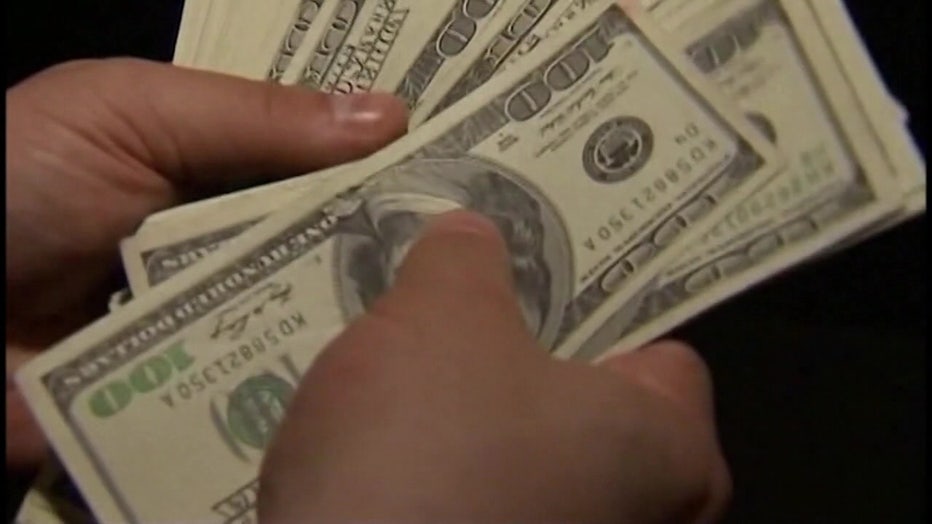Following a three-year pause, student loan payments have resumed for thousands of Americans
Student loan payments resume after 3 year pause
The government paused student loan payments due to the COVID-19 pandemic but payments resumed in October. Experts are urging borrowers to look into loan assistance programs.
TAMPA, Fla. - More than 40 million Americans, including 2.7 million Floridians, will have to make their monthly student loan payments again following the end of the three-year pandemic pause.
Borrowers began receiving their bills on October 1, but experts recommend that people double-check how much they owe and when their first payment is due.
"People are getting these large bills, in some cases 1,000, 3,000 [dollars]," said Christie Arkovich, a student loan attorney in Tampa. "I think it's important to talk to somebody who represents you because if you call your servicer now, the hold times are huge. We're hearing two hours, four hours, and then we're not even sure if the answer that is being given is accurate. And it certainly isn't a good answer in terms of, 'what can I do to eliminate this debt?'"
Arkovich urges borrowers to investigate loan assistance programs, such as the Saving on a Valuable Education, or SAVE, plan, which came out this year.
This plan can lower monthly payments and, in some cases, lead to interest being waived.
RELATED: Student loan repayment: How to prepare for payments when pandemic freeze ends
There's also the IDR audit or recount program, which launched in 2022.

Borrowers with loans at least 20 to 25 years old might be eligible for loan forgiveness. The deadline to apply for that program is December 31.
"If you can count all that time forbearances and deferments and so forth, you might actually have a 20-year payment history or a 25-year payment history that allows you immediate forgiveness," Arkovich said.
After the Supreme Court struck down President Biden's $400 billion debt erasure program in June, the administration has sought other workarounds and ways to lower monthly payments.
Arkovich doesn't believe universal student loan forgiveness will ever come to fruition.
READ: Man works to move derelict boat that washed ashore in Treasure Island after severe storms
"I don't think it will ever happen and you'll miss the opportunities that exist now that are legal and active," she said.

Those are opportunities seasoned borrowers like Abbie Cuellar have found helpful.
"No one wants this hanging over them, so it doesn't go away. That's the thing, it does not go away," said Cuellar, an attorney in Florida who has been paying off her student loan debt since 1995. "I would never have imagined that 30 years later, I'd still be paying student loans."
Cuellar, whose $70,000 in current law school student loan debt is actually more than when it was when she received the loan, feels bad for recent graduates.
"The kids coming out of colleges and forget law school, medical school, we're talking hundreds of thousands of dollars. They are never going to be free," said Cuellar, who went to Arkovich for help determining how to handle her loan payments.
The pause in student loan payments caused the national student loan debt to increase from $1.5 to $1.7 trillion.
Arkovich offers free student loan advice on her law firm's YouTube page, which can be found by clicking here.

